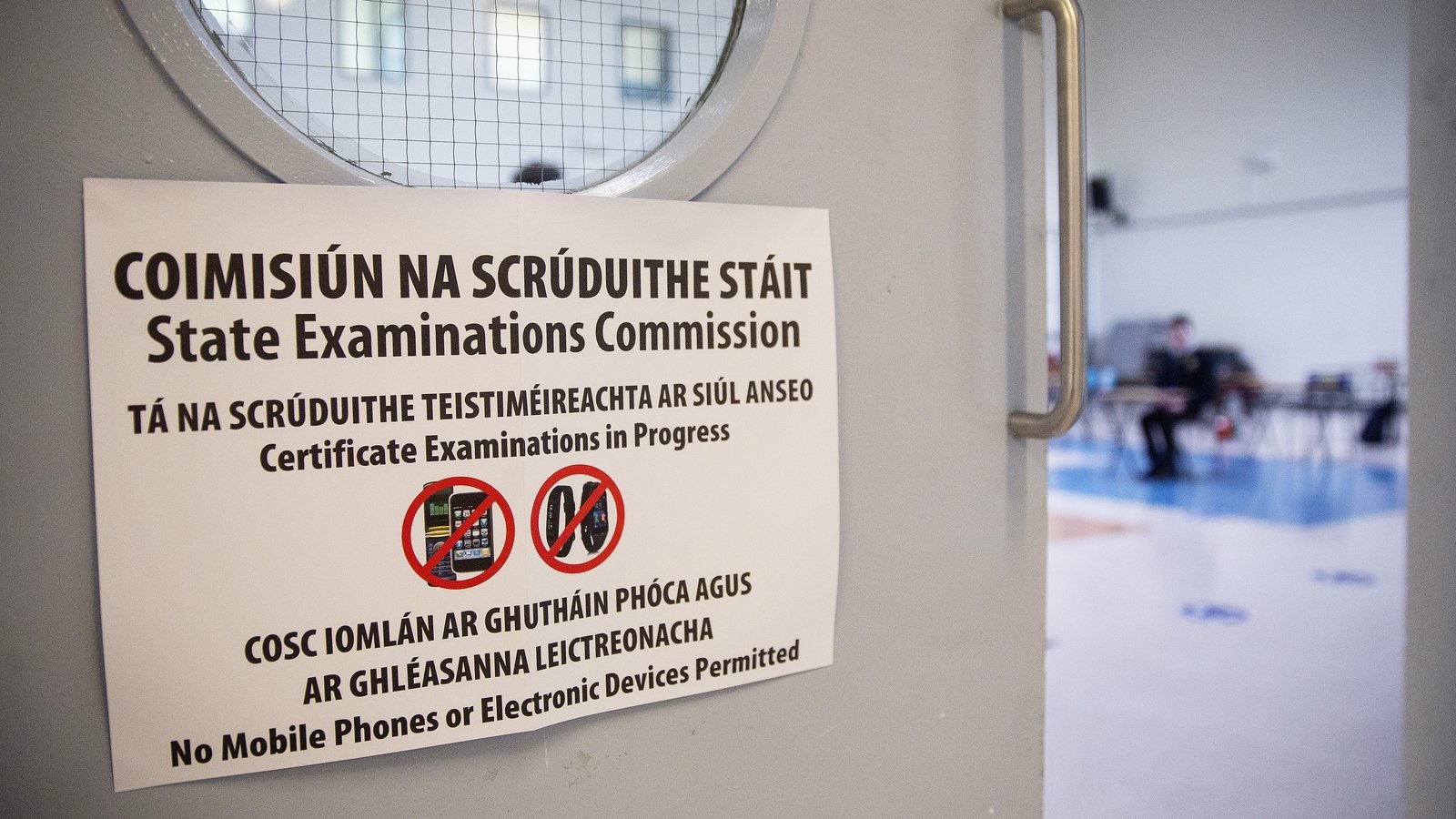Spy satellite launch ends in failure, North Korea says


North Korea’s latest attempt to put a spy satellite into orbit ended in a mid-air explosion, Pyongyang has said, hours after its announcement of a planned launch was criticised by South Korea and Japan.
Putting a spy satellite into orbit has long been a top priority for Kim Jong Un’s regime. It claimed to have succeeded in November, after two failed attempts last year.
South Korea said that Mr Kim received Russian technical assistance for that launch, in return for sending weapons to Moscow for use in Ukraine.
An attempt to launch the “Malligyong-1-1” reconnaissance satellite ended in failure after it “exploded in the air during the first flight stage and failed to launch,” North Korea’s National Aerospace Technology Administration said in a statement.
An “expert review concluded that the cause of the accident was the operational reliability of the newly developed liquid oxygen and oil engine,” the statement, carried by the official Korean Central News Agency, added.
Japanese broadcaster NHK ran footage of what appeared to be a flaming projectile in the night sky, which then exploded into a fireball, saying it had filmed it from northeast China at the same time as the attempted launch.
North Korea had notified Japan that it was planning to put another satellite into orbit, prompting criticism from both Seoul and Tokyo, which urged Mr Kim to call it off.
South Korea’s military said it had detected the launch but that the satellite “is presumed to have exploded in the air”.
“The South Korean and US intelligence authorities are analysing it in detail in close cooperation,” the Joint Chiefs of Staff said.
Nuclear-armed North Korea is barred by multiple United Nations resolutions from tests using ballistic technology, and analysts say there is significant technological overlap between space launch capabilities and the development of ballistic missiles.
The launch “is a provocative act that clearly violates the UN Security Council resolution prohibiting the use of ballistic missile technology,” South Korea’s military said.
The US Indo-Pacific Command (INDOPACOM) called the launch a “brazen violation of multiple unanimous UN Security Council resolutions”, and said in a statement that it “risks destabilising the security situation in the region and beyond”.
Japan briefly issued an alert warning residents of southern Okinawa prefecture to take cover in shelters, but it was lifted minutes later.
Launch hours after trilateral talks
The attempted launch came just hours after Seoul, Beijing and Tokyo wrapped up their first trilateral summit since 2019.
Chinese Premier Li Qiang praised what he called a restart in relations with Japan and South Korea, agreeing to revive trade and security dialogues hampered by global tensions.
“For China, South Korea, and Japan, our close ties will not change, the spirit of cooperation achieved through crisis response will not change and our mission to safeguard regional peace and stability will not change,” Mr Li said.
South Korea’s President Yoon Suk Yeol said that another satellite launch – North Korea’s fourth attempt – would “undermine regional and global peace and stability”.
The South Korean military conducted attack formation flight and strike training to demonstrate “the strong capabilities and will of our military” after North Korea notified Japan of its plans to launch a satellite by 4 June.
Experts say that spy satellites could improve North Korea’s intelligence-gathering capabilities, particularly over South Korea, and provide crucial data in any military conflict.
Mr Kim met Russian President Vladimir Putin last September, and Mr Putin suggested afterwards that his nation could help Pyongyang build satellites.
Seoul and Washington have both subsequently accused North Korea of shipping weapons to Moscow, with South Korea saying earlier this year that Pyongyang had sent thousands of containers of weapons to Russia for use in Ukraine.
A group of Russian engineers entered North Korea to help with the launch preparations, Yonhap news agency in the South reported, citing a government official.
North Korea claims the “Malligyong-1” satellite it put into orbit in November is successfully functioning, but Seoul’s intelligence agency has cast down on this claim.
The North’s two failed attempts last year included one in May which was due to the “abnormal” startup of its second-stage engine, Pyongyang state media said at the time, and one in August which was attributed to an error in the “emergency blasting system”.
Seoul’s National Intelligence Service collected and analysed debris from one of Pyongyang’s failed launches earlier last year, finding it had no military utility.





